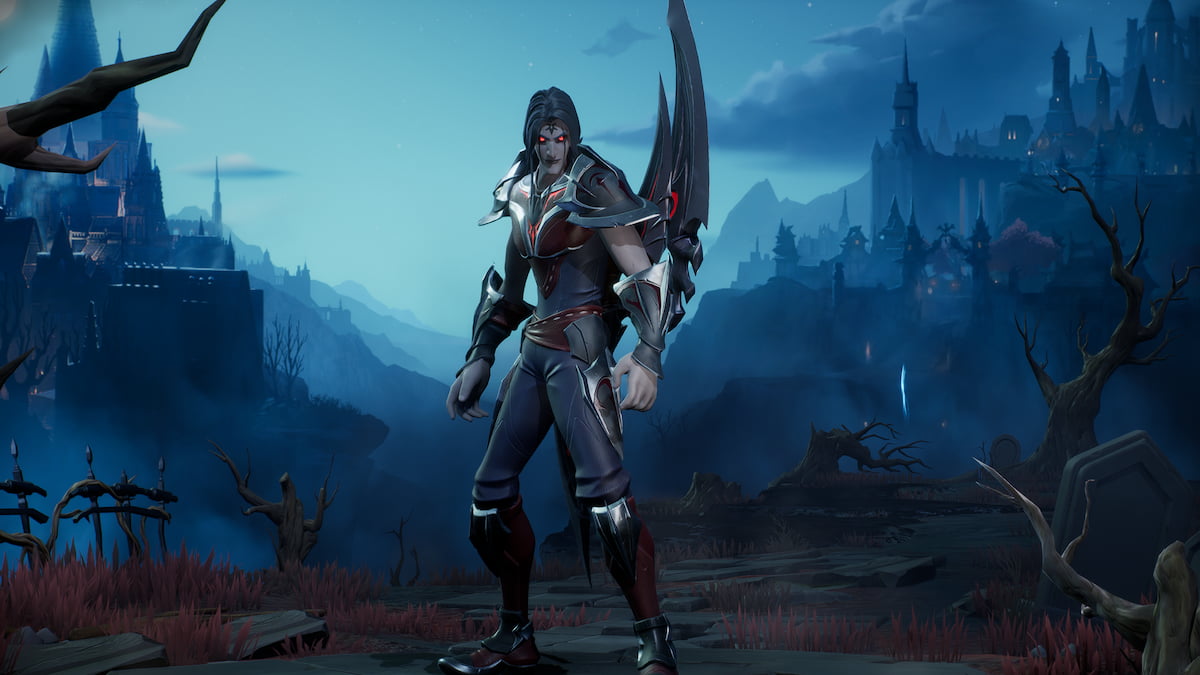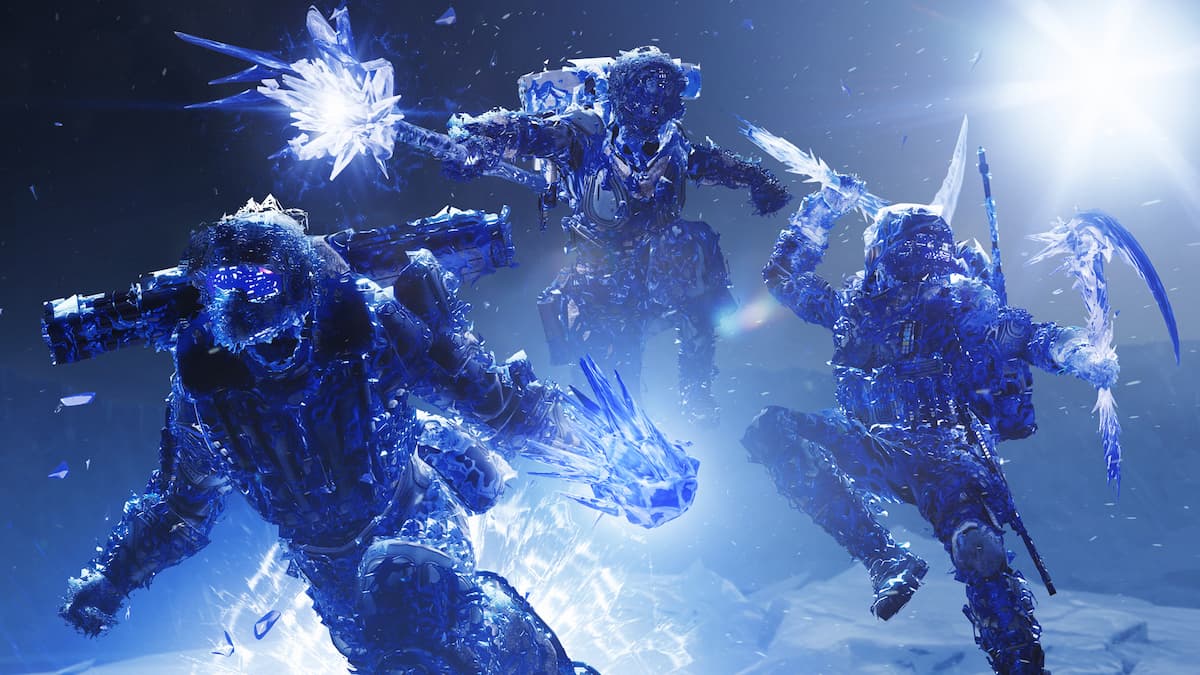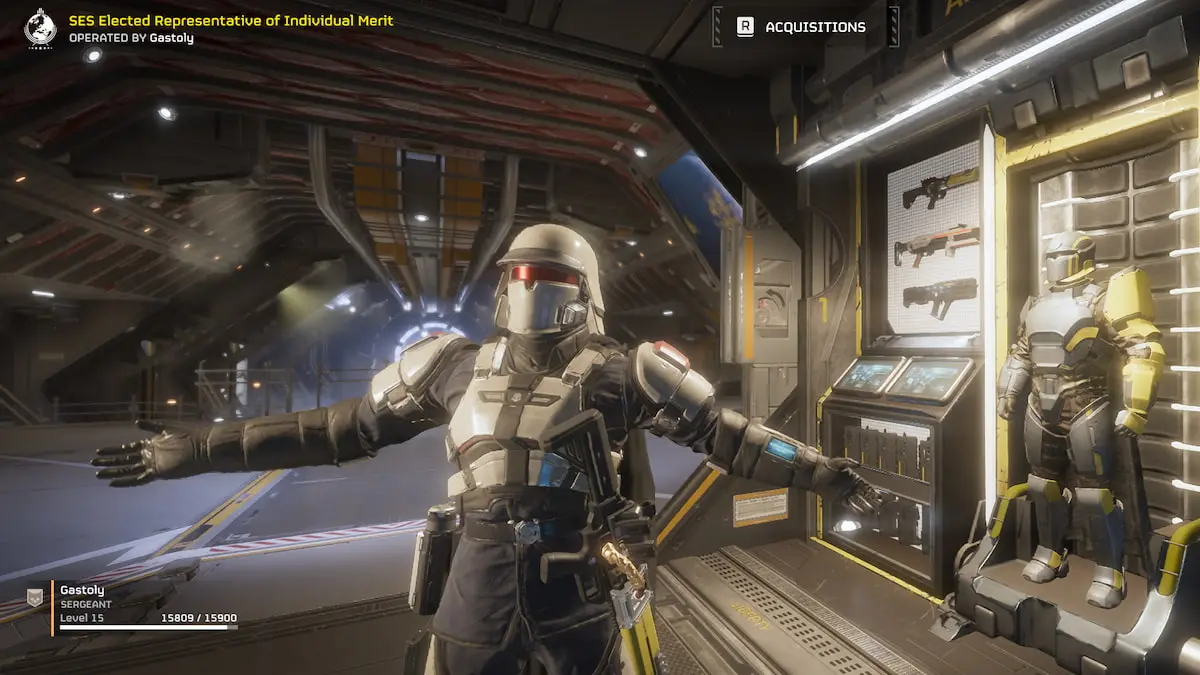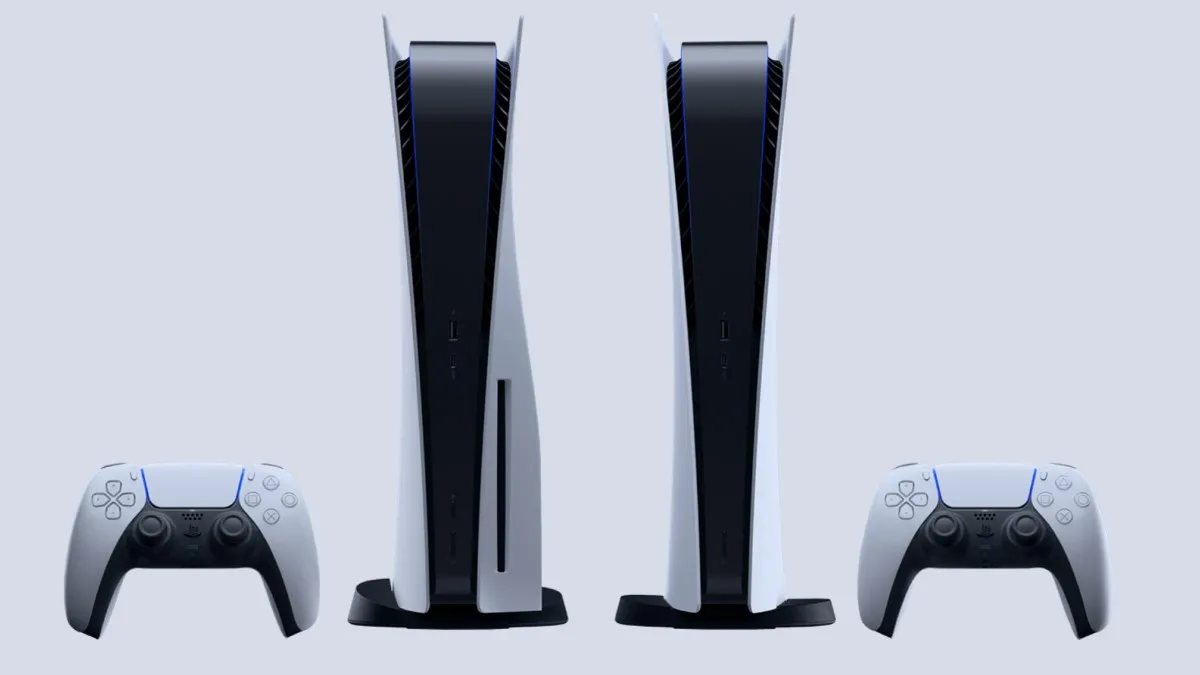E3 2018 resembled a different beast than the conference’s prior iterations as many of the titles announced during the deluge of press conferences lacked the desired punch the industry craves. The dilution of many of the surprise reveals and usual pomp generated can be contributed to multiple causes: an increase in publishers’ confidence and ability to hold events independent from E3, the conference’s reputation being somewhat tainted by the public experience and, of course, Walmart Canada. The combined impact of these factors left many feeling underwhelmed as compared to previous conferences.
The pre-E3 chaos did present a silver lining to publishers, however. The removal of steam behind the surprise releases allowed studios the opportunity to commit even more to detailing the titles audiences already knew were coming. Having more time to commit to previously profiled games allowed publishers to stoke excitement for their forthcoming games by providing more detailed insight into them. Such a strategy could be extremely effective as next year’s release schedule is already rivaling that of 2017’s.
No title could have benefited more from this shift than BioWare’s Anthem. The game has been featured heavily at the previous two E3s, with publisher Electronic Arts committing an increasing amount of time during its EA Play press briefings to the title. And for good reason. BioWare’s first new IP in eight years has been viewed as a “make-or-break” title internally for some time now, putting the beloved studio’s future in question ahead of Anthem’s Feb. 22, 2019 release date.
The impact of that pressure has already been showcased in the events surrounding Anthem’s development. BioWare has seen the departure and return of Mass Effect craftsman Casey Hudson, the shelving of the Mass Effect franchise, the exit of Dragon Age creative director Mike Laidlaw and the transitioning of most of that series’ team to work on Anthem over the course of the game’s production cycle. In many ways, the studio forced themselves to put all of their proverbial eggs in the Anthem basket, giving the title a much slimmer margin for error than with previous major releases.
Even as the tumult refused to subside, BioWare still held control over its destiny. Having the final 15-20 minutes of EA’s 2018 briefing devoted to finally educating players about what Anthem delivers was the prime real estate needed to improve the studio’s odds of success. Unfortunately, how BioWare and EA used that time did very little to accomplish any of those goals.
Fans wanted to see the Javelins in action, discover more about the story an opposing forces within the Anthem’s world and finally learn more about the game’s progression, structure, and contents beyond its obvious comparisons to Destiny. What they got was a repeating slideshow of concept art and previously shown in-game footage used as a backdrop against a panel discussion that underwhelmed and obfuscated much about the game. While it was nice to see Hudson, lead writer Cathleen Rootsaert, and executive producer Mark Darrah get the chance to talk directly to fans about such an important title, the presentation failed so hard at communicating what those fans needed to know about Anthem that it was overshadowed in that capacity by a Twitter thread written by Darrah that followed the conference.
BioWare blew it. EA blew it. There’s no other way to say it. To have the apex of your presentation be completely overshadowed by a Twitter thread is inexcusable. Anthem was given that platform because it needed to land in the win column for both its developer and publisher. BioWare needs Anthem to succeed to prevent a perceived fatal blow and keep the studio solvent. EA needs Anthem to succeed because it needs BioWare to remain as one of its pillar development houses going forward. Very little of what the publisher presented during its presser garnered the level of excitement that BioWare properties normally do. Beyond games, EA’s multiple attempts at apologizing to its community for the numerous controversies and missteps the company has endured over the last few years did little to curtail the opinion of EA as bad for business.
EA also needs BioWare to remain operational to curtail the narrative of the publisher as a studio killer. The company has watched at least 10 different studios shutter in the years following their respective acquisitions by EA. One of the latest studios to fall was BioWare Montreal, the studio that produced Mass Effect: Andromeda. Interestingly enough, EA promoted and featured that game in its E3 presentations in a very similar fashion to Anthem. Many pointed to the lack of gameplay footage and a decreased focus on the narrative of Mass Effect: Andromeda as foreshadowing for the product audiences received. That game effectively killed the franchise for the foreseeable future and the studio that developed it, proving for the first time that BioWare isn’t immune to the pitfalls that have sunk others.
The failures of BioWare Montreal are now fueling the team as it does all it can to make Anthem the success it needs to be. The same cannot be said for EA. It isn’t known which company determined how Anthem was presented to an audience hungry for information about the game, but based on attitudes and outlooks, EA did Anthem a disservice in the construction of its briefing. BioWare did itself no favors either, but at least those within the studio tried to alleviate the damage done on Saturday afternoon. Hopefully that helps. The risk of losing such talented individuals as those walking BioWare’s halls is one no one wants to consider.













Updated: Jun 20, 2018 02:45 am